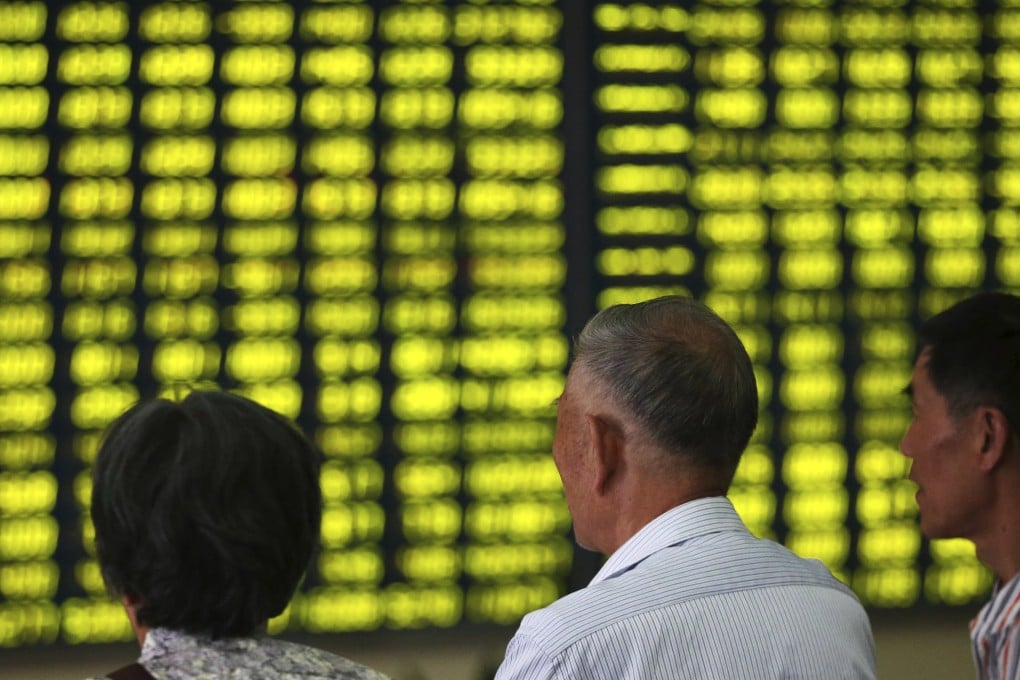Crackdown on Chinese stock market meltdown trades exposes faults in the system
Three mainland executives are investigated for allegedly exploiting regulatory loopholes to net billions through irregular futures transactions

A government crackdown on allegedly illegal high-frequency trades during the summer's stock market meltdown has highlighted loopholes and the need for better oversight of the system.
The Ministry of Public Security said on Sunday that it had arrested two executives from Jiangsu-based and Hong Kong-owned fund Yishidun for allegedly pocketing billions of yuan from irregular futures trades by using software in June and July that in some cases took only one second to buy 31 contracts.
Yishidun general manager Gao Yan and senior executive Liang Zezhong were both arrested for allegedly buying and selling futures in prices that deviated from market standards and illegally made more than 2 billion yuan (HK$24 billion), Xinhua said. Jin Wenxian, a technical executive with China Fortune Futures, was also arrested.
The regulators have to clean up the foul play in the market and rats in the regulatory body before setting up rules governing financial transactions
The trades allegedly took place as the authorities, including the central bank, scrambled to pull the stock market out of a death spiral with massive intervention. The benchmark Shanghai Composite Index fell below 3,000 in late August from an all-time peak of 5,166 on July 15.
Renmin University economist Zhao Xijun said the crisis and the clumsy official response exposed the lack of effective regulation of new financial products and transactions. "[The crisis was a result of] transplanting a market mechanism and approach from the United States into a Chinese reality," Zhao said.
"[The regulators] introduced innovative products, such as stock index futures, margin trading and short selling, but the risk management was not in place and responsibility was divided among different authorities, leaving loopholes."
High-frequency trading is a popular high-speed automated transaction method in the US and Europe. It is relatively new but gaining popularity in China, used mainly in transactions involving stock index futures, short selling and exchange-traded funds.
